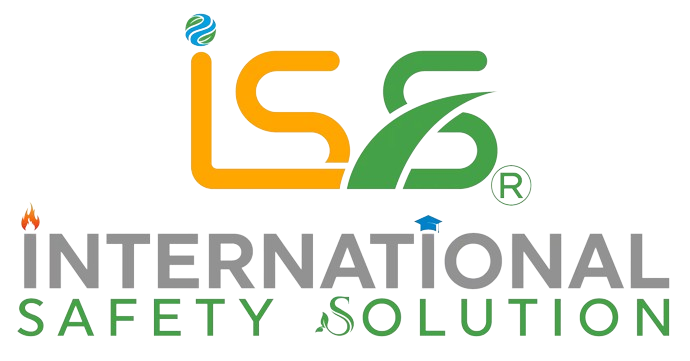OSHA 30 Hrs & 48 Hrs
OSHA 30 Hrs & 48 Hrs
OSHA (Occupational Safety and Health Administration) certifications are nationally recognized qualifications in the field of occupational health and safety management. These certifications are designed to equip individuals with the knowledge and skills required to identify, evaluate, and control workplace hazards. Obtaining these certifications can open up many doors for individuals looking to pursue a career in health and safety or those with health and safety responsibilities in their current role.
OSHA 30 HRS
The OSHA 30 HRS (Hours) certification is a comprehensive course that covers a wide range of safety topics over a period of 30 hours. The course includes topics such as hazard recognition, personal protective equipment, and electrical safety. This certification is ideal for individuals who work in construction or other high-risk industries.
OSHA 48 HRS
The OSHA 48 HRS (Hours) certification is an extended version of the OSHA 30 HRS certification, covering additional topics over a period of 48 hours. This certification includes all the topics covered in the OSHA 30 HRS certification, as well as additional topics such as hazardous waste operations, confined space entry, and excavation safety. This certification is ideal for individuals who work in hazardous environments or for those who have supervisory roles in the workplace.

Why ISS?
Difference between OSHA 30 HRS and OSHA 48 HRS
The primary difference between the OSHA 30 HRS and OSHA 48 HRS certifications is the number of hours of training and the breadth of topics covered. The OSHA 30 HRS certification covers the essential safety topics required for most workplaces, while the OSHA 48 HRS certification provides additional training and covers more complex safety topics. The OSHA 48 HRS certification is often required for individuals who work in hazardous environments or for those in supervisory roles.
Career Opportunities
OSHA certifications are highly valued in various industries, including construction, manufacturing, and healthcare. With these certifications, individuals can pursue roles such as Health and Safety Officer, Safety Manager, Risk Assessor, and more. The certifications also serve as a strong foundation for individuals looking to pursue further qualifications in health and safety management.

